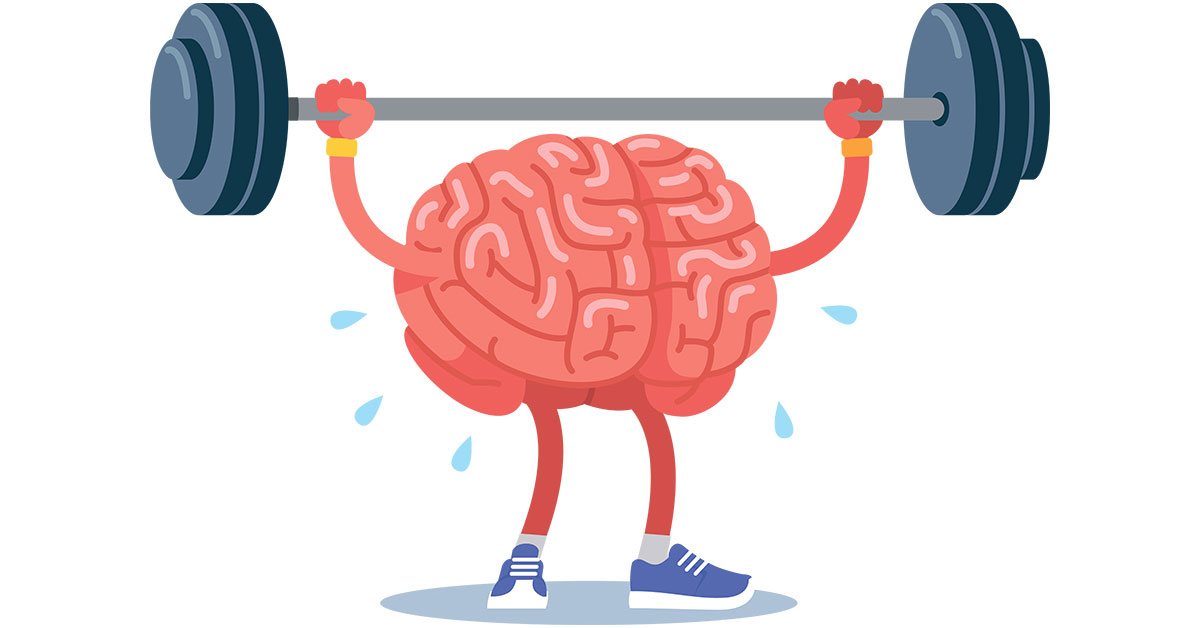Regular exercise is often hailed for its physical benefits—weight loss, muscle strength, and cardiovascular health, to name a few. However, the mental benefits of regular exercise are equally compelling. From boosting mood to enhancing cognitive function, engaging in consistent physical activity can profoundly impact mental well-being. This article explores the various ways exercise nurtures the mind, highlighting the intricate connection between physical activity and mental health.
Boosting Mood and Reducing Stress
The Role of Endorphins
One of the most immediate mental benefits of exercise is the release of endorphins. These natural chemicals in the brain act as painkillers and mood elevators, often referred to as the body’s “feel-good” hormones. When you engage in physical activities such as running, cycling, or even a brisk walk, your brain releases endorphins that can create a sense of euphoria, commonly known as the “runner’s high.”
Cortisol Reduction
In addition to boosting endorphins, regular exercise can help reduce levels of cortisol, the body’s primary stress hormone. High cortisol levels are linked to various health problems, including anxiety, depression, and sleep disorders. By incorporating regular physical activity into your routine, you can lower cortisol levels, thereby reducing stress and promoting a calmer, more relaxed state of mind.
Enhancing Cognitive Function
Improved Memory and Learning
Exercise has been shown to enhance cognitive functions, particularly in areas related to memory and learning. Activities that increase your heart rate, such as aerobic exercise, improve blood flow to the brain, which in turn stimulates the production of new neurons in the hippocampus, the brain region associated with memory and learning. This process, known as neurogenesis, can lead to better memory retention and improved cognitive abilities.
Increased Focus and Concentration
Regular physical activity also enhances concentration and mental focus. Exercise increases the levels of neurotransmitters like dopamine and norepinephrine, which play crucial roles in attention and cognitive processing. This is why many people find that they can think more clearly and perform better on tasks that require focus after engaging in physical activity.
Alleviating Symptoms of Depression and Anxiety
Natural Antidepressant
Exercise is often considered a natural antidepressant. Studies have shown that regular physical activity can be as effective as medication in treating mild to moderate depression. Exercise stimulates the release of endorphins and other neurotransmitters that combat feelings of depression. Additionally, it promotes changes in the brain that are akin to the effects of antidepressant medications, such as neural growth and reduced inflammation.
Anxiety Relief
For those suffering from anxiety, exercise can provide significant relief. Physical activity can serve as a distraction, allowing you to find some quiet time to break out of the cycle of negative thoughts that feed anxiety. The rhythmic nature of many exercises, such as running or swimming, can also induce a meditative state that helps calm the mind.
Promoting Better Sleep
Regulating Sleep Patterns
One of the less obvious but highly beneficial effects of regular exercise is improved sleep quality. Engaging in physical activity can help regulate your sleep patterns, making it easier to fall asleep and stay asleep. Exercise increases body temperature and the subsequent drop in temperature after exercise can promote falling asleep faster and experiencing deeper sleep cycles.
Reducing Insomnia
For those who suffer from insomnia, regular exercise can be particularly helpful. By reducing stress and anxiety levels and promoting physical tiredness, exercise can make it easier to get a good night’s sleep. However, it’s important to time your workouts appropriately; exercising too close to bedtime might have the opposite effect by boosting your energy levels.
Building Self-Esteem and Confidence
Body Image and Self-Perception
Regular exercise can significantly enhance self-esteem and body image. As you achieve fitness goals, whether they’re related to strength, endurance, or weight loss, you gain a sense of accomplishment and pride in your abilities. This boost in self-esteem can extend to other areas of your life, fostering a more positive self-perception and greater overall confidence.
Social Interaction
Many forms of exercise provide opportunities for social interaction, which can further boost mental health. Joining a gym, participating in a sports team, or attending group fitness classes can help you build a support network and make new friends. These social connections are vital for mental health, offering emotional support, reducing feelings of loneliness, and increasing feelings of belonging.
Conclusion
The mental benefits of regular exercise are vast and varied, impacting everything from mood and stress levels to cognitive function and sleep quality. By incorporating physical activity into your daily routine, you not only improve your physical health but also nurture your mind. Whether you’re running, cycling, lifting weights, or practicing yoga, every bit of movement contributes to a healthier, happier mind. So, lace up your sneakers, hit the gym, or step outside for a walk—your mind will thank you for it.










